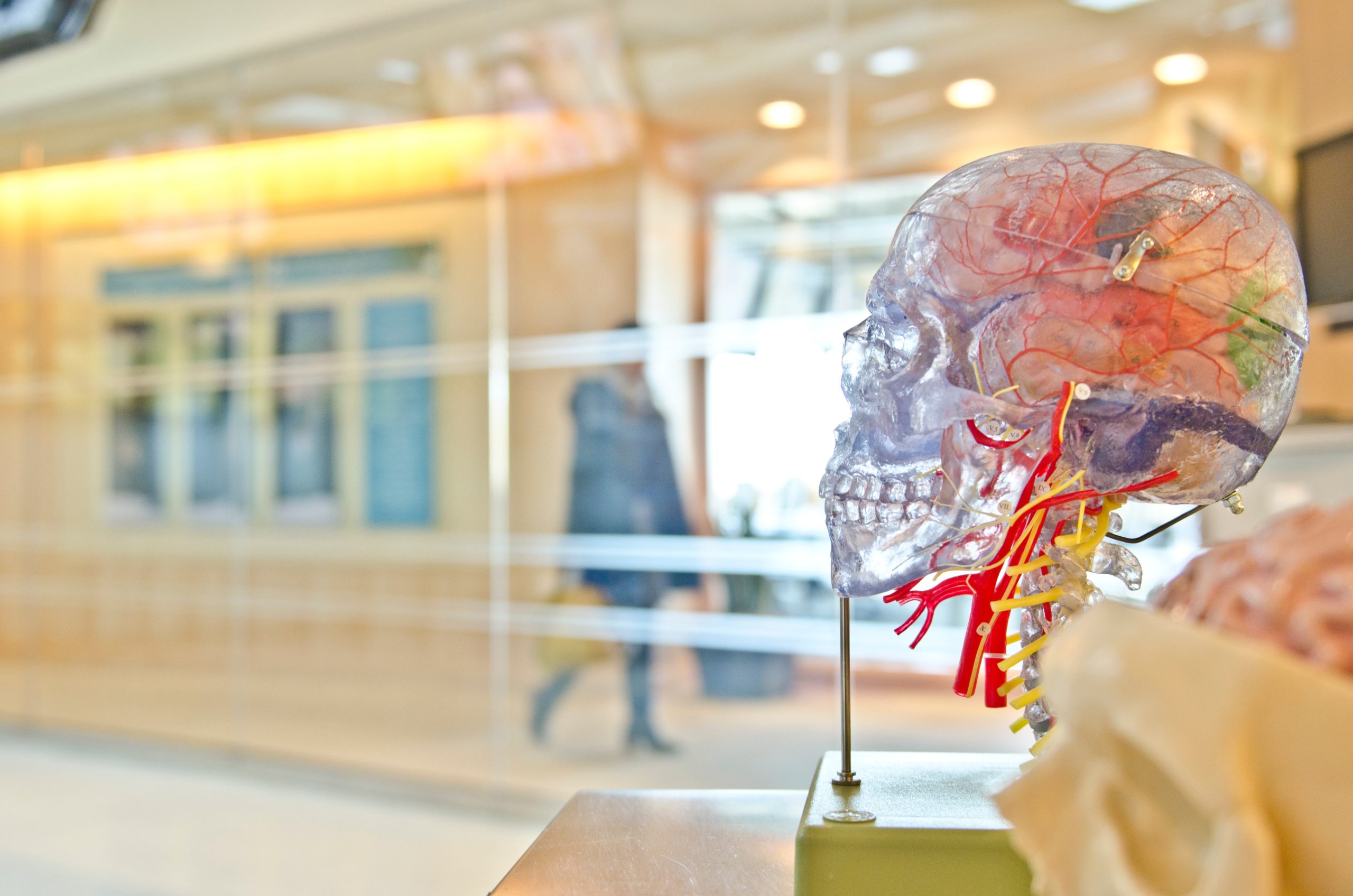Teenagers are viewed as responsible young adults; however, they have a reputation for taking risks since their brains are still developing. The perception that they take risks is a long-standing one, yet it is unknown why. Extensive advances in neuroscience conclude, “The prefrontal cortex is the decision-making part of the brain…Because the prefrontal cortex is still developing, teenagers might rely on a part of the brain called the amygdala to make decisions and solve problems more than adults do. The amygdala is associated with emotions, impulses, aggression, and instinctive behavior.’…” (Nas and Wehrli). While they are continually developing, teenagers do not fully utilize the prefrontal cortex, which regulates impulses, assesses choices, and handles emotions. Teenagers make decisions primarily based on their emotions, which causes them to be impulsive and poorly thought out. Their emotionally driven decisions make them more susceptible to peer pressure, drugs, alcohol, smoking, and other vices, proving it to be a time of risk-taking. Moreover, another belief that has been held for generations is that a teenager’s brain is malleable and can comprehend and adapt faster. The construction of the brain is a long process as the National Institution of Health highlights, “Though the brain may be done growing in size, it does not finish developing and maturing until the mid-to-late 20s” (“NIMH » The Teen Brain: 7 Things to Know”). The brain is 90-95% of its full size when a teenager. However, its maturing process takes longer as it is built on life experiences, and the ability to experience the world. After its teenage years, the brain reaches the required size and stage of mental and physical development for it to be deemed mature. To conclude, the teenage brain is an evolutionary organ that continues to build over time and these young years are often perilous for it is a time of development.
Works Cited
Nas, Leena, and Ashley Wehrli. “8 Important Facts About A Teen’s Developing Brain.” Moms.com, 11 February 2021, https://www.moms.com/important-facts-teens-developing-brain/. Accessed 1 November 2022.
“NIMH » The Teen Brain: 7 Things to Know.” NIMH, https://www.nimh.nih.gov/health/publications/the-teen-brain-7-things-to-know. Accessed 1 November 2022.



